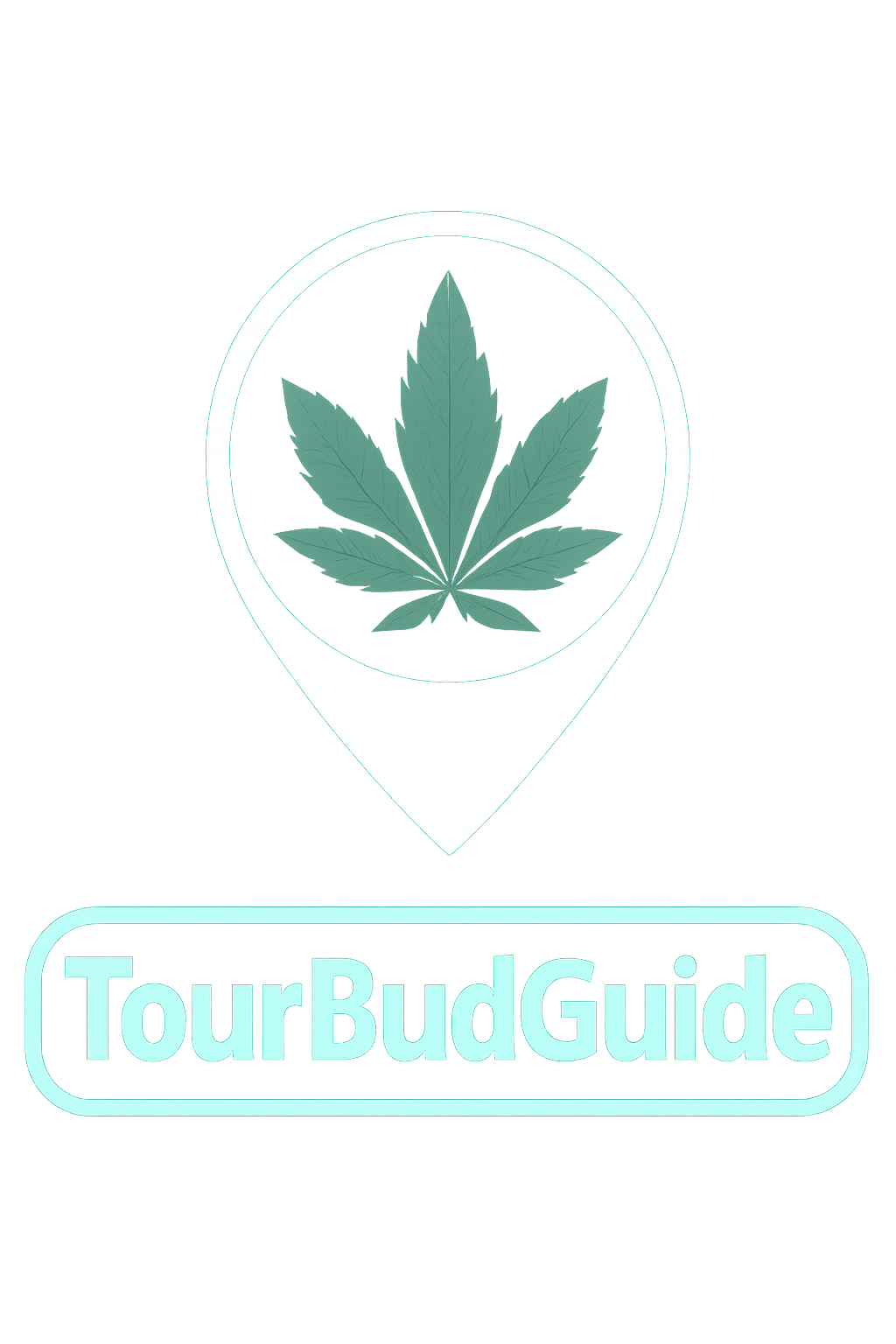
Discovering Weed in South Korea: Law, Culture, and Cannabis Trends
South Korea, a technologically advanced nation in East Asia, is known for its dynamic cities, rich culture, and strict legal frameworks. Among its social and cultural dimensions, cannabis—locally referred to as “daehwa” or simply “marijuana”—plays a complex and highly regulated role. Discovering weed in South Korea requires understanding strict legal policies, cultural attitudes, medical exceptions, and the social risks associated with cannabis use.
Cannabis in South Korea is not widely accepted for recreational purposes, yet it intersects with medical research, international influence, youth curiosity, and traditional medicinal practices. Understanding cannabis in this context offers insight into how a modern Asian country balances law, health, and social norms.
1. Cannabis Laws in South Korea: Legal Landscape
South Korea enforces some of the strictest cannabis laws in the world:
- Possession: Possessing cannabis, even in small amounts for personal use, is illegal. Violations can lead to criminal charges, imprisonment, and heavy fines.
- Trafficking and sale: Selling, distributing, or trafficking cannabis is considered a severe criminal offense, with potential sentences of up to five years or more, depending on quantity and circumstances.
- Cultivation: Growing cannabis without government permission is illegal and strictly enforced. Large-scale cultivation is considered a serious criminal offense.
- Medical cannabis: South Korea legalized medical cannabis in 2018 for rare conditions like epilepsy and refractory pain, but prescriptions are extremely limited and tightly regulated. Importation and production are controlled by government authorities.
These laws reflect South Korea’s conservative approach to recreational cannabis, emphasizing criminal liability, while cautiously allowing limited medical exceptions.
2. Historical and Cultural Context
Cannabis has a limited historical presence in South Korea:
- Traditional use: Historically, hemp (a non-psychoactive form of cannabis) was grown for textiles, ropes, and paper, but psychoactive cannabis use was uncommon.
- Cultural perception: Cannabis has long been associated with illegality, moral concerns, and social deviance, making recreational use socially stigmatized.
- Modern influence: Global exposure through media, the internet, and K-pop culture has generated curiosity among young adults, despite strict laws.
South Korea’s cannabis culture reflects a blend of historical utility, legal conservatism, and modern curiosity.
3. Social Perception of Cannabis
- Older generations: Often view cannabis as a dangerous drug, associating it with criminality, addiction, or moral decay.
- Youth and students: Younger populations, particularly in urban areas like Seoul and Busan, may be curious about cannabis, often influenced by global culture.
- Public attitude: Recreational cannabis is socially unacceptable, and public use is heavily frowned upon.
Social perception emphasizes risk, stigma, and awareness of severe legal consequences, shaping cautious behavior.
4. Cannabis Culture in Urban Areas
Urban cannabis culture exists primarily in private and discreet contexts:
- Seoul: As the capital, Seoul has discreet social circles where cannabis use may occur among young adults and students, but always privately due to the risk of prosecution.
- Busan and Daegu: These urban areas have similar patterns, with limited private use in trusted social networks.
- Social norms: Cannabis culture is highly secretive, with a strong emphasis on discretion, peer trust, and legal awareness.
Urban culture focuses on private experimentation and limited peer networks, avoiding public exposure.
5. Youth Trends and Awareness
South Korean youth are curious but highly cautious:
- University students and young professionals explore cannabis mostly in private settings or online forums.
- Global media and international travel provide exposure to cannabis culture, fostering curiosity despite strict domestic laws.
- Awareness of legal consequences results in very discreet experimentation and minimal public discussion.
Youth engagement highlights a blend of curiosity, digital influence, and social caution.
6. Medical Cannabis and Research
- Legal use is limited to patients with rare, severe medical conditions, such as refractory epilepsy or chronic pain.
- Prescriptions are strictly regulated, and medical cannabis is often imported under government supervision.
- Research focuses on exploring therapeutic applications, including pain management, chemotherapy support, and neurological disorders.
Medical cannabis provides a legal, safe, and socially sanctioned avenue for engaging with cannabis.
7. Access and the Black Market
- Recreational cannabis is mostly inaccessible legally, leading to a small black market primarily serving urban areas.
- Products may include dried flowers or processed forms, though these are illegal and risky to obtain.
- Law enforcement is vigilant, with strict monitoring of distribution channels and international imports.
The black market requires high discretion and awareness of legal consequences for those attempting to access cannabis.
8. Health Considerations
Cannabis use carries potential health implications:
- Smoking cannabis can impact respiratory health, particularly with unregulated products.
- Black-market cannabis may vary in potency or contain contaminants.
- Awareness campaigns and medical guidance stress moderation, safe use, and informed decisions, particularly for first-time users.
Health-conscious practices are essential to minimize risk in a high-penalty environment.
9. Tourism and Cannabis
Cannabis intersects cautiously with tourism:
- Visitors should note that cannabis possession and use are illegal, and enforcement applies to foreigners as well.
- South Korea’s tourism focuses on cultural landmarks, historical sites, and modern attractions, including Gyeongbokgung Palace, Jeju Island, and Seoul’s shopping districts.
Cannabis tourism is effectively non-existent due to legal risks.
10. Regional Influence and Trends
- International media, K-pop culture, and online platforms increase curiosity among urban youth.
- Exposure to countries with more liberal cannabis policies informs attitudes, though local laws prevent recreational normalization.
- Neighboring countries like Japan and Taiwan also maintain strict cannabis laws, reinforcing cautious behavior.
Regional and global influence fosters curiosity, online discussion, and discreet private experimentation.
11. The Future of Cannabis in South Korea
The cannabis landscape in South Korea is evolving cautiously:
- Medical expansion: There may be gradual expansion of medical cannabis programs for specific conditions.
- Youth influence: Digital culture and global exposure could increase curiosity, though legal enforcement will continue to restrict public use.
- Research opportunities: South Korea is investing in research on cannabis-based therapies, potentially expanding legal medical access.
Future trends suggest incremental medical legalization, cautious research expansion, and continued social stigma around recreational use.
12. Cultural and Legal Takeaways
- Cannabis is highly regulated, with severe penalties for recreational use.
- Social stigma is significant, particularly in public and rural contexts.
- Urban youth and international exposure foster curiosity, but discretion is essential.
- Medical cannabis is legal but limited, offering a controlled avenue for therapeutic use.
- Travelers must exercise caution, as local law enforcement applies equally to foreigners.
The South Korean context highlights strict regulation, cultural conservatism, and cautious exploration of cannabis.
Conclusion
Discovering weed in South Korea involves navigating strict laws, social stigma, and limited medical access. Cannabis culture is almost entirely private and discreet, with urban youth forming small, cautious social networks. Rural areas remain highly conservative, while medical research is slowly expanding legal use.
From discreet university circles in Seoul to tightly regulated medical programs, cannabis in South Korea reflects a society that is modern, law-conscious, and culturally conservative. Curiosity exists, but public experimentation is rare, and legal consequences are severe.
South Korea’s cannabis landscape demonstrates how a technologically advanced and culturally traditional nation balances modern curiosity, strict legal enforcement, and cautious medical exploration, offering insight into cannabis culture in a highly regulated East Asian context.
If you want, I can continue the “Discover Weed” series with “Discover Weed in Singapore”, which has an even stricter legal framework and interesting social dynamics.
Do you want me to do that next?

Just love this dude Tourbud. Keep up with the good work. Excellent customer service. He goes above and beyond to make sure the order is right, help and support if anything goes wrong.
It was hard to find a reliable plug but finally tourbud showed up and gained my trust. Definitely he is the way out and hands down the best.@ https://t.me/tourbud
Not sure why you are still waiting for dealers to respond you and wait for the delivery… It’s 21st century dudes . these guys usually have several strains always available in center so just couple of clicks and you get GPS coordinates and a photo where to grab your stuff immediately after crypto payment or gift card payment. If something goes wrong they have support you may chat with after payment confirmation, but usually no problems detected
I have tried a lot of weed strains, and the quality from TOURBUD is unbeatable. The process was seamless, and the strains arrived fresh and potent and I paid using bitcoin before delivery. guys text him on telegram for fast reply @ https://t.me/tourbud
As someone who”s always looking for natural wellness options, TOURBUD has been amazing. his weed strains helped me unwind after workouts ,and his service was top-notch, I was a bit hesitant at first, but TOURBUD made the entire purchase process easy and secure. email him tourbudguide@gmail.com
The variety of cannabis strains at tourbud is impressive I was able to find exactly what i was looking for and his customer service was very helpful, I can’t wait to try more products.
I contacted him on his telegram and due to security reasons he requested crypto payments which i did.
about 30minutes later my dope was dropped at my requested location
great guy!!!
i highly recommend email tourbudguide@gmail.com
Everytime I order, I get excited not only for his TOP NOTCH PRODUCTS, but his amazing customer service.
From the time I start my text, to when my weed arrives, tourbud makes every encounter fast, friendly and SO AFFORDABLE. He works with you to get what you need.
Thank you Tourbud for been so good to me everytime.